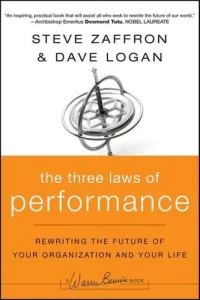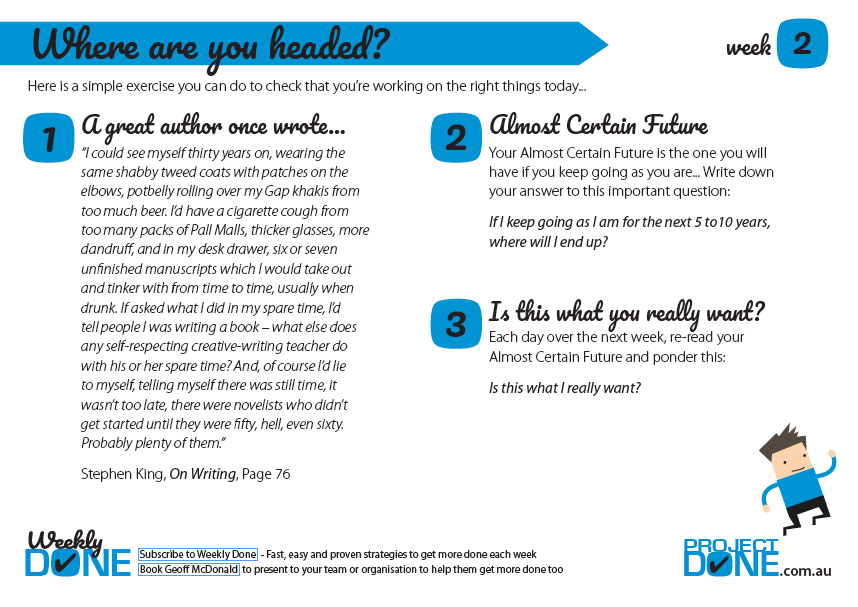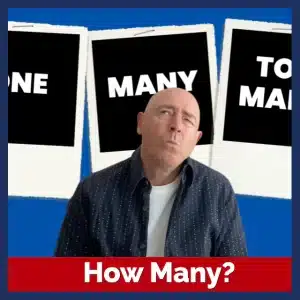
Motivational Stories
Motivational stories are crucial to our success in life and at work. As human beings, we live in language. And the primary way we do that is to tell stories. We tell stories to others, perhaps at bedtime or in meetings, and we tell stories to ourselves about how the world is and how we see our future.
Motivational Stories are any story that impacts our motivation, inspiration and passion for taking action. As you might expect, some of these stories motivate us to get more done, be ambitious and tackle heroic projects. Other stories don’t. They diminish our sense of who we are, and what we are capable of and they shut down our hopes for the future.
In this post, we’re using Motivational Stories to interrupt, shift and transform an aspect of your life or business that you are not satisfied with. It’s your chance to move from where you are right now to where you’d like to be.
Here are three examples:
Motivational Stories – Stephen King’s Career Story
Stephen King is one of the most successful authors on the planet with many of his best-selling books being turned into blockbuster Hollywood movies. You might have seen: The Shawshank Redemption, The Green Mile, Christine, The Shining and Misery.
In his book On Writing – part autobiography and part writing tips, King shares his ‘motivational story’. (He didn’t call it that – that’s my title.)
King describes the moment when he realized he had to make a change in his life to either take on his writing as a deliberate pursuit or to live in regret wondering what might have been. This is what he wrote:
I could see myself thirty years on, wearing the same shabby tweed coats with patches on the elbows, potbelly rolling over my Gap khakis from too much beer. I’d have a cigarette cough from too many packs of Pall Malls, thicker glasses, more dandruff, and in my desk drawer, six or seven unfinished manuscripts which I would take out and tinker with from time to time, usually when drunk. If asked what I did in my spare time, I’d tell people I was writing a book – what else does any self-respecting creative-writing teacher do with his or her spare time? And, of course I’d lie to myself, telling myself there was still time, it wasn’t too late, there were novelists who didn’t get started until they were fifty, hell, even sixty. Probably plenty of them.
Stephen King, On Writing, Page 76
Motivational Stories – My Personal Example
Prior to creating Project Done, I wrote this personal Motivational Story:
I could see myself in ten years time being sad, broke and lonely. I’d be sitting in my tiny rented apartment filled with my shattered dreams and good intentions yelling at the dog next door to stop barking. I would be slouching on a worn-out couch watching an old TV with re-runs of uninspiring shows wishing and hoping that I had made different choices long ago. I would be barely scratching a living from my work and too proud to get a job or even ask for help to alleviate my suffering. My body would ache with inflammation from my anxiety, frustration and anger at not being able to turn my good ideas into anything meaningful or even a modest income. I’d be alone with my thoughts and jealous of the people that I had been a friend with and who had passed me by on their path to a better life filled with love, laughter and bountiful international holidays. I would die in the near future, sad, broke and lonely and be easily forgotten for living a life that promised so much but delivered so little.
Geoff McDonald, Project Done
Motivational Stories – My Business Example
I’ve also used this exercise to write Motivational Stories as part of individual coaching sessions and the Project Done program. This version has been compiled from common themes aired in those discussions.
In five years time, I would be out of business and looking for another dead-end job. I would look many years older having endured many sleepless nights worrying about how I would pay my bills and my staff. I can picture the meeting where I have to stand up in front of my team and tell them that the company is broke (or that I’m so ill from worry that we cannot continue). I can see their sad faces and looks of despair as they wonder what their future will hold. I can also see the faces of my wife and family as I admit that I failed. The only saving grace would be that I would be too broke to go out with my friends, which would save me the embarrassment of having to listen to them and their tales of success.
How to Write Your Motivational Story
The process of writing Motivational Stories is intended to inspire you into action. It reminds you that life is short and to make decisions today about what you want in the future – or at least what you don’t want more of.

The idea for writing Motivational Stories was inspired by the work of Steve Zaffron and Dave Logan in their wonderful book, The Three Laws of Performance: Rewriting the Future of Your Organization and Your Life. I rapped this book over at Book Rapper as Frog Power. Zaffron and Logan suggest the key to improved performance is to shift the context from which we operate. In particular, we need to shift from a Default Future or Almost Certain Future to an Invented Future.
There are three steps to take to write your Motivational Story:
1 Where are you headed?
The Motivational Story you write here is your Almost Certain Future – it’s the one that will happen if you keep going as you already are. It’s easy to picture this as if you’re driving down a road. If you keep driving on this road, what will be your destination?
Here are the keys to writing a good motivational story:
- Be as specific as possible – Stephen King describes his physical appearance – even down to his dandruff, plus the clothes he is wearing. Include where you will be – slouching on your worn-out couch?
- Be emotional – what will you be feeling? My example is filled with emotion.
- What will you say to yourself? – Stephen King tells us the ‘white lie’ he would say to other people.
- Other people – What impact will this have on the people you care about? In the business example this includes wife, family, team and friends.
- Opportunities – Consider what opportunities would be lost or left open to you. In the business example, the thought of going back to a dead-end job is not one to look forward to.
2 Is this what you really want?
Each day over the next week, re-read your Almost Certain Future and ponder this:
Is this what I really want?
Notice how you respond to reading your Motivational Story.
3 Create an Invented Future
Next, you want to create an alternative context to operate from. Ideally, you want to invent a future free from the limits of your past.
You can use the same structure for the Motivational Story that we’ve outlined here to do this: be specific, be emotional, add your self-talk, the impact on others and the opportunities you’ll be blessed with.

Motivational Stories: Summary
Use motivational stories individually or as a group to identify the current path you are on (or the context you are operating from). Be specific and then sit with your story over the next week. Then start to create a new future for yourself and your business.



